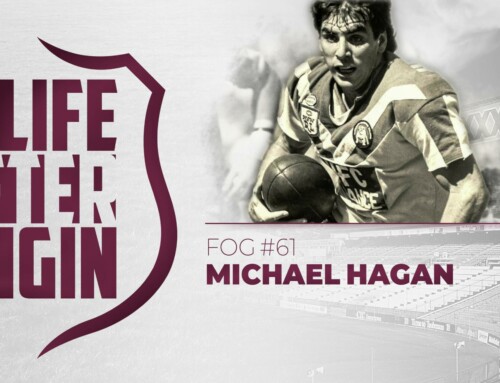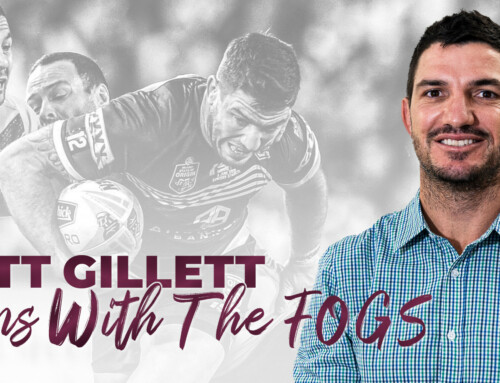THE reduced interchange rule has delivered the NRL the best start to a season in a decade, according to former Queensland captain Trevor Gillmeister.
Among a host of rule changes introduced this season was the reduction of the number of interchanges to eight, and the introduction of “shot clocks” to prevent teams wasting time before scrums and re-starts.
The end result has seen fatigue return as a factor, as players are required to play longer minutes with fewer stoppages during the game to recover.
And Gillmeister says the game is better for it.
“I had been pushing for less interchanges for a while, and I think the football we have seen over the opening couple of rounds has shown why it is such a good idea,” Gillmeister said.
“I think the standard of football we have seen for so early in the new season has been incredible. Probably the best start to a season I have seen in eight to 10 years, I reckon.
“What the new rules have done is re-establish the game as a war of attrition. It is no longer just about running big, fresh blokes on and off the park to keep steamrolling forward.
“Now that fatigue has become a factor again, the genuine footballers are being given an opportunity to show their skills.”
Gillmeister said watching how various teams adapted to the new rules has been an intriguing subplot to the new season.
“It really has been interesting to see how some teams have handled it, and clearly some teams have handled it better than others,” he said.
“You take a team like the Bulldogs, who were expected to suffer the most under the new rules, and they are just thriving on it.
“They knew they wouldn’t be able to survive under the new rules doing what they were doing, so they reinvented themselves to adapt.
“Look at Sam Kasiano. He’s dropped something the 15kg this season to make sure he stays with the pace of the game. He and James Graham, David Klemmer, Aiden Tolman, Greg Eastwood… they’ve all adapted and Canterbury look a much better football team because of it.”
Gillmeister also predicts the game will get even faster as teams adjust to the new interchange laws.
“There has been the usual early-season injuries, and that is to be expected, but I think the reduced interchange will help with player safety,” Gillmeister said.
“For a start, the ferocity will come out of some of the collisions late in the half as the players run out of steam. But more importantly, fatigue means that we will see less gang tackles, where there are five defenders belting one bloke, meaning there is less chance of a serious injury.
“With less defenders in the tackle, you will also see the off-load come back into the game because attacking players are able to get their arms free. I think that will really help bring more attack into the game.
“Credit to the NRL here. I know they often get a bit of criticism for tinkering with the game too much. But I reckon everyone agrees that on this one, they absolutely got it right.”











